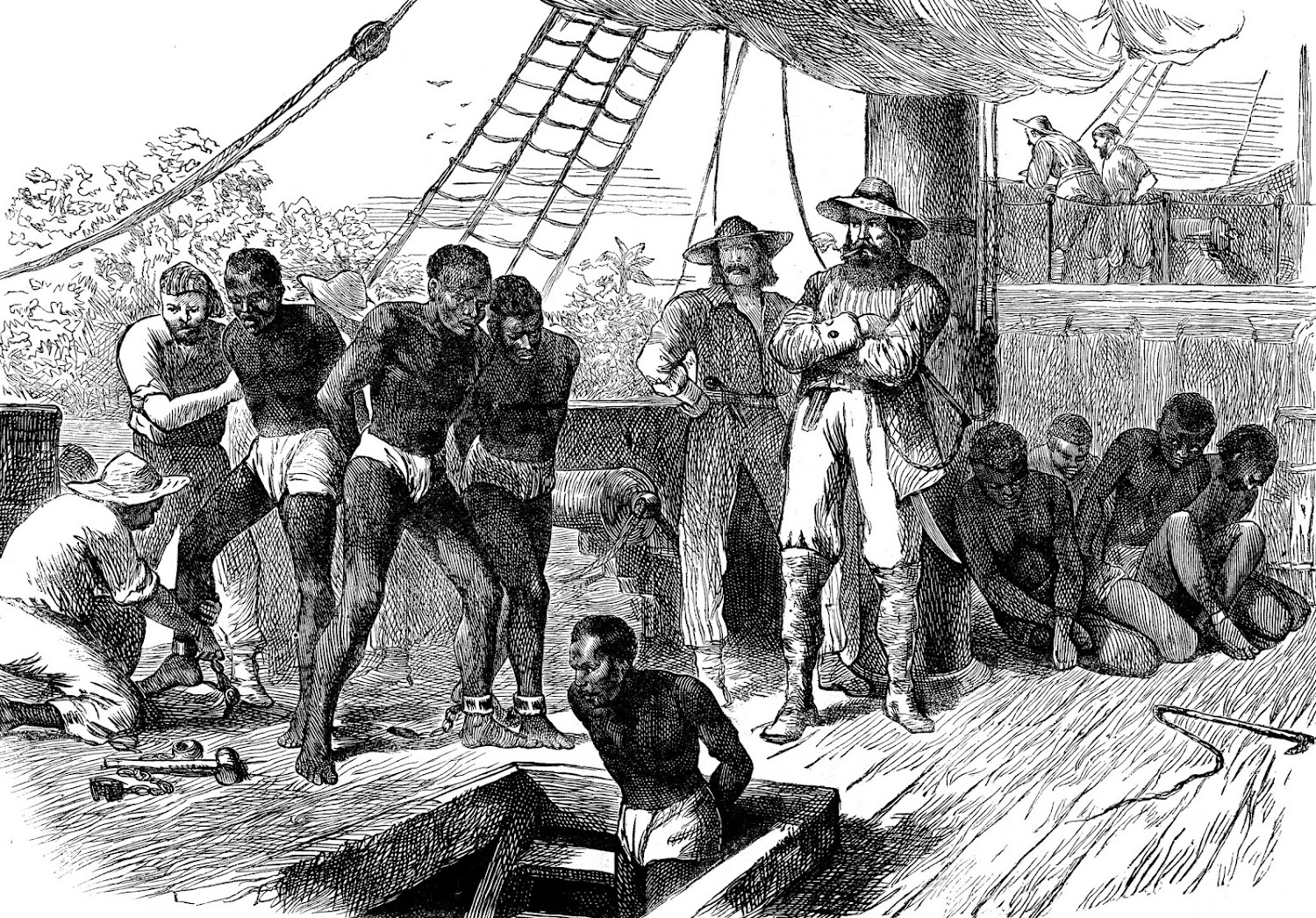Dutch Prime Minister Mark Rutte acknowledged Monday that 250 years of European and American driven slavery was a crime against humanity and has apologised for his county’s involvement. Mr. Rutte who was making a speech in the National Archieves in The Hague said Colonial era Dutch aided and abetted slavery and also benefited. “For centuries, under Dutch state authority, human dignity has been trampled underfoot in the most horrific way,” he said. “I apologise for that on behalf of the Dutch government.”
He pledged to atone for the slavery, working with communities in Africa, Asia and Latin America where the trade took place, and even opening up to restitution for descendants. “We cannot erase the past, only face it,” he said, adding that the Netherlands government “fervently hopes” that this day could be the step towards healing.
“The book of our shared history has many pages that fill us with bewilderment, horror and deep shame in the 21st century,” he said. Mr Rutte, said his thinking changed after resisting making an apology on behalf of the Netherlands.. “I had thought that it was behind us, but I was wrong,” he said. “Centuries of oppression and exploitation continue to affect us here and now. In racist stereotypes, in discriminatory patterns of exclusion, in social inequality. And to break that, we also have to face the past openly and honestly.” Mr Rutte’s apology according to i news reports, follows similar moves by the Netherlands’ four largest cities – Amsterdam, Rotterdam, Utrecht and The Hague – for the role they played in the history of slavery, along with Dutch central bank DNB and ABN Amro, one of the country’s biggest commercial banks. Mr Rutte also announced some €200m (£174m) would be provided for projects aimed at raising awareness of the country’s past as a slaving nation, and €27m to develop a museum about slavery. The government apology is set to be followed next year by a similar statement from Dutch King Willem-Alexander, who is commissioning an independent study into the role of the royal family in the colonial history of the Netherlands. The king is expected to speak at the annual Keti Koti (Breaking the Chains) commemoration on 1 July, the 150th anniversary of slavery’s effective abolition in the Dutch East Indies. The Dutch empire in the so-called Golden Age during the 16th and 17th centuries shipped around 600,000 Africans and Asians as part of their slave trade, mostly to the Caribbean and South America. Then known as the United Provinces, it was the world’s third-largest colonial power and had colonies in Suriname, the island of Curacao, South Africa and Indonesia.


